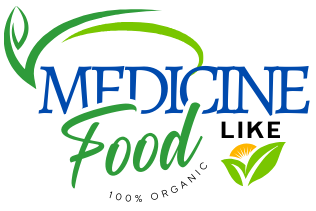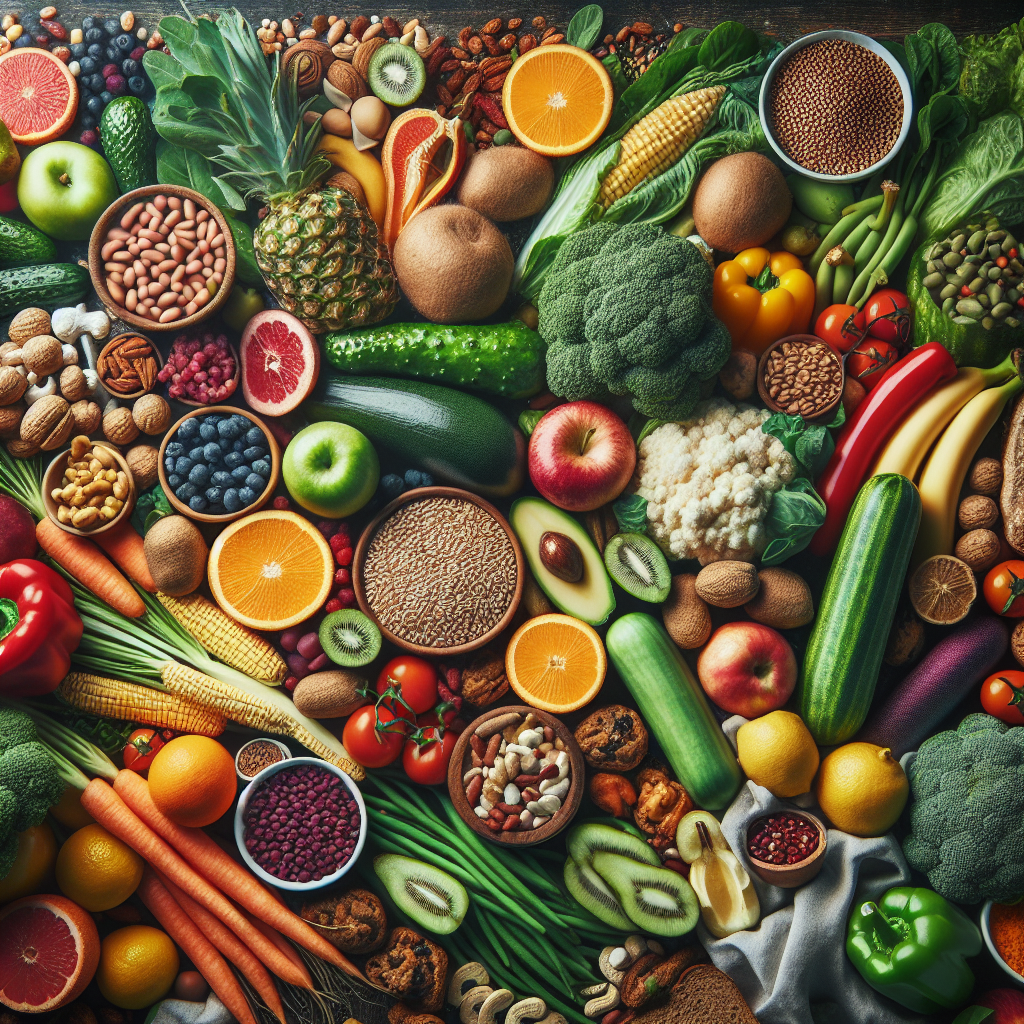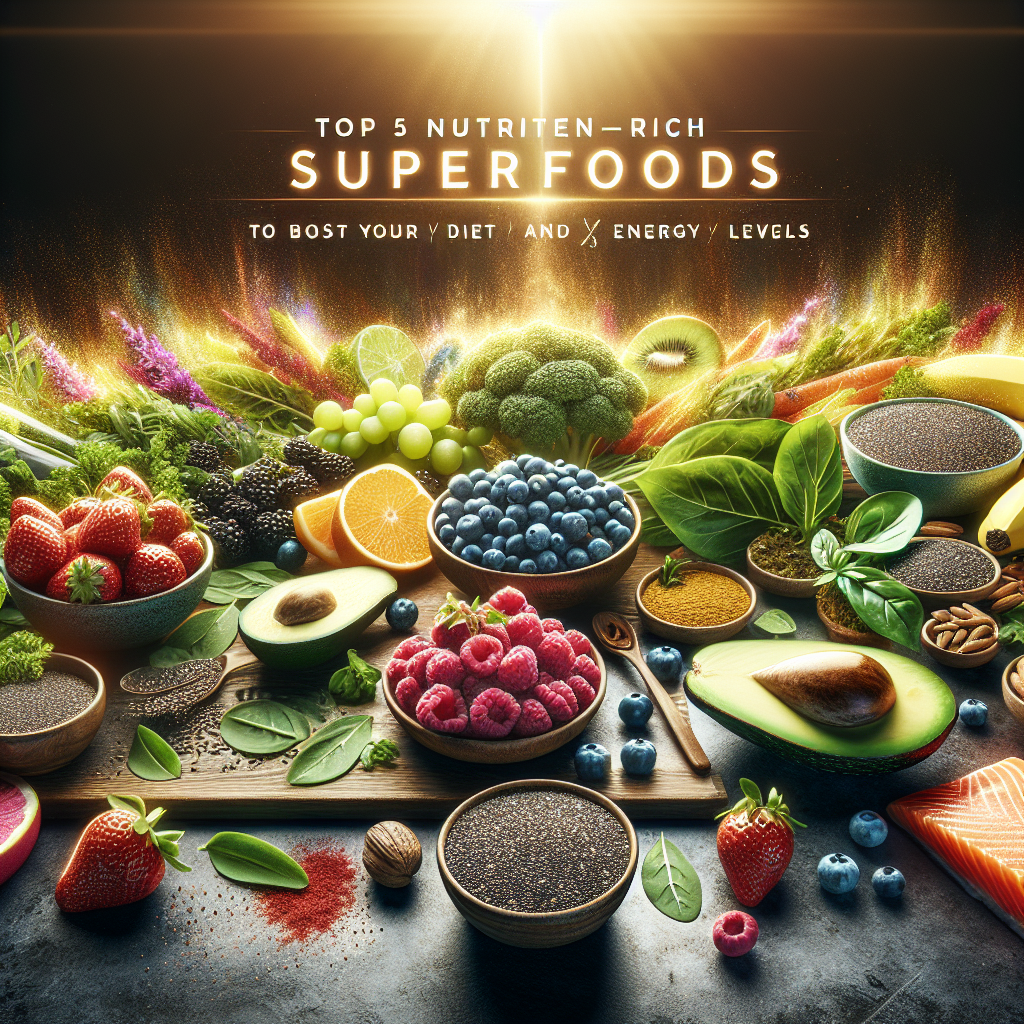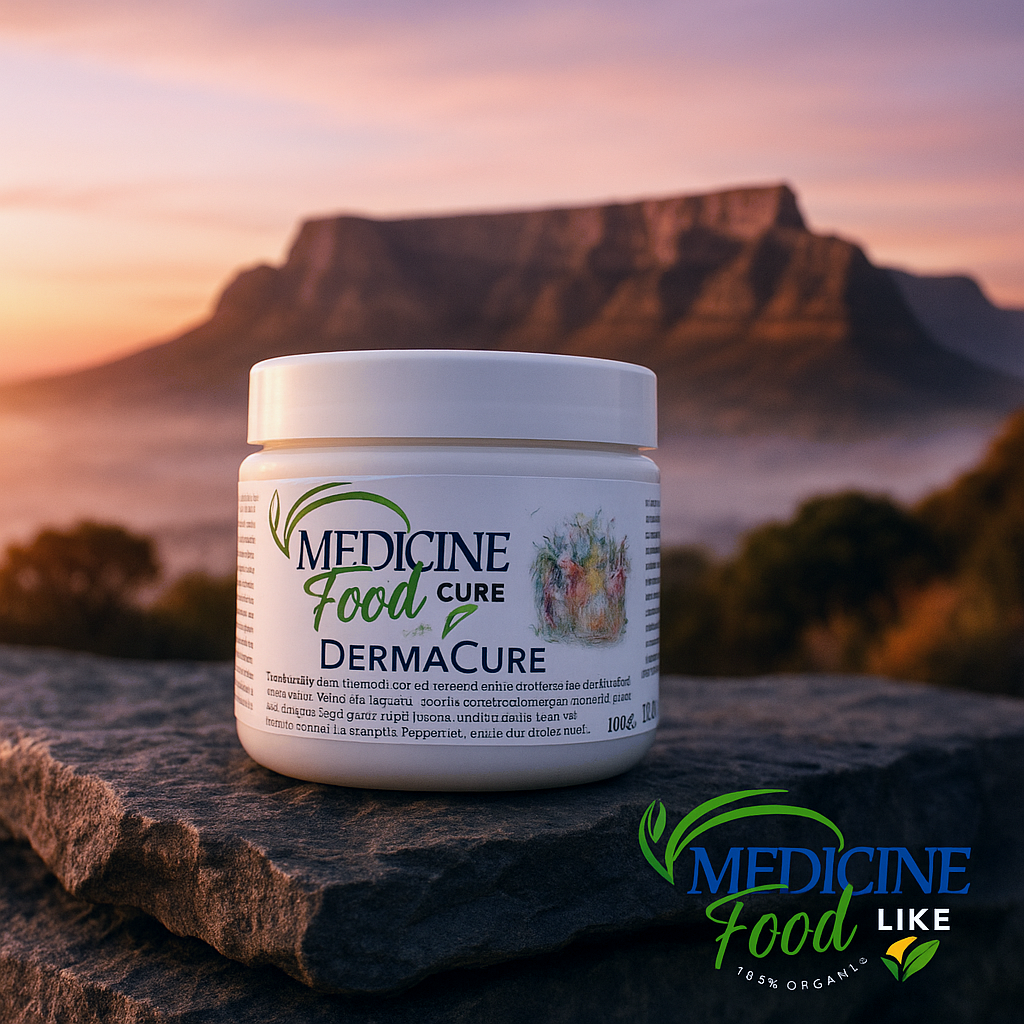# How to Add Fresh Organic Foods to Your Daily Diet for Good Health
## Introduction
It’s hard to keep a healthy diet these days because life is so busy. But adding fresh organic foods to your daily meals can really improve how you feel. In this blog post, we will learn why organic foods are important, how you can easily add them to your meals, and how to solve common problems.
## What Are Organic Foods?
Before we start, let’s understand what organic foods are. Organic foods are grown without synthetic pesticides, fertilizers, or genetically modified organisms (GMOs). They are healthier because they have more nutrients and improve your long-term health. Unlike non-organic foods, organic foods lower the amount of chemicals we eat and taste better due to natural growth.
## Benefits of Fresh Organic Foods
1. **More Nutrients:** Organic foods are full of vitamins, minerals, and antioxidants, offering more nutrition than non-organic foods.
2. **No Harmful Chemicals:** Eating organic helps you avoid unhealthy chemicals, keeping your body cleaner and healthier.
3. **Better Taste:** Organic foods often have a better taste and more variety because they grow naturally.
## Finding Fresh Organic Foods
Sometimes it’s hard to find organic foods, but here are some tips:
– **Farmer’s Markets:** Buy fresh produce directly from local farms—this is both sustainable and affordable.
– **Organic Farms:** Visit nearby farms to get fresh food directly, often at lower prices.
– **Online Stores:** Many websites deliver organic foods to your home, making it easier than ever to access them.
## Easy Ways to Add Organic Foods to Your Meals
### Planning and Preparing
1. **Plan Your Meals:** Make a meal plan each week focusing on organic ingredients. This ensures you consume organic consistently and reduces waste.
2. **Cook in Bulk:** Make large amounts of organic meals to save time and have ready meals on busy days.
3. **Seasonal Produce Charts:** Use these charts to plan meals with seasonal organic produce, optimizing both taste and your budget.
### Simple Recipe Ideas
– **Breakfast:**
– Smoothies with fresh organic berries.
– Oatmeal with organic nuts and honey.
– **Lunch:**
– Colorful salads with organic greens and seasonal veggies.
– Wraps with grilled organic chicken and veggies.
– **Dinner:**
– Stir-fried organic veggies with quinoa.
– Grilled organic salmon with roasted potatoes and green beans.
### Smart Snacking
– Organic nuts and seeds for quick energy.
– Organic yogurt with fruit for a healthy snack.
– Homemade energy bars with organic oats and dried fruits.
### Cooking Tips
1. **Steam and Roast:** These methods keep the natural flavors and nutrients.
2. **Spice it Up:** Use organic spices and herbs for extra flavor without extra calories.
3. **Try New Things:** Experiment with organic grains like lentils, farro, and quinoa for different textures and tastes.
## Overcoming Barriers
### Budget Tips
– **Choose Wisely:** Use the “Dirty Dozen” list to know which foods are most important to buy organic.
– **Store Brands:** Supermarket-brand organic items are often just as good but cheaper.
– **Buy in Bulk:** This can help you save money.
### Time-Saving Tips
– **Use Gadgets:** A slow cooker or blender can make cooking quicker.
– **Batch Cook:** Prepare meals ahead of time for easy eating during the week.
– **Keep It Simple:** Quick meals like a salad, stir-fry, or smoothie can be healthy and fast to make.
## Keeping It Up
1. **Make a Routine:** Set specific days for meal prep and shopping.
2. **Track Your Progress:** Keep track of what you eat and how you feel to stay motivated.
3. **Adjust with the Seasons:** Change your meal plans with the seasons to stay interested and get fresh food.
## Overcoming Challenges
Join local programs that provide fresh produce directly from farms. Get support online for tips and encouragement to keep living an organic lifestyle.
## Conclusion
Adding fresh organic foods to your diet isn’t as hard as you might think. Start small, and gradually eat more organic foods. Each little step can make a big difference in your health and well-being. Remember, progress, not perfection, is what counts.
## Additional Resources
– **Books:** “The Omnivore’s Dilemma” by Michael Pollan, “Real Food” by Nina Planck.
– **Websites:** Organic Consumers Association, Environmental Working Group.
– **Apps:** Yummly for organic recipes.










